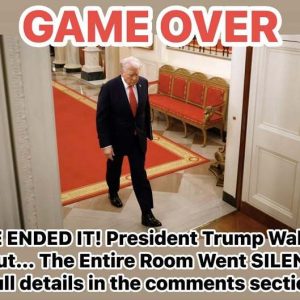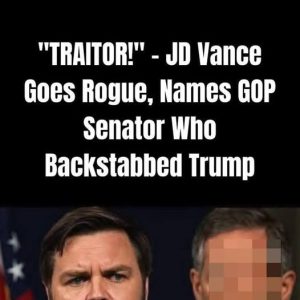Former Secretary of State Hillary Clinton expressed cautious optimism regarding President Donald Trump’s recent interactions with NATO and the Russia-Ukraine peace process during a Friday appearance on the “Raging Moderates” podcast. Clinton pointed to NATO members’ agreement in June to increase their defense spending from 2 percent to 5 percent of GDP by 2035 after pressure from Trump, as well as a July deal for NATO to fund U.S.-supplied weapons to Ukraine. She described these developments as signs of potential “common ground” forming between the Trump administration and European allies, contrasting them with what she characterized as the dismissiveness of his first term.
Clinton emphasized the importance of NATO countries supporting Ukraine through U.S.-supplied military assistance. She highlighted that the recent progress could strengthen cooperation between Trump, his administration, and European leaders in promoting European, transatlantic, and Ukrainian security. Her remarks came shortly before Trump’s scheduled meeting with Russian President Vladimir Putin in Alaska, where she expressed hope for a ceasefire that would avoid forcing Ukraine to surrender territory, while noting that she personally would not have chosen to meet with Putin.
Trump responded positively to Clinton’s comments while traveling on Air Force One to Alaska, calling her words “very nice” and joking that he “might have to start liking her again.” His reaction underscored the unusual nature of bipartisan acknowledgment in the current polarized political climate. Clinton’s comments drew attention for signaling a rare instance of praise for Trump’s foreign policy achievements from a prominent Democratic figure.
Support for Trump’s efforts also came from NATO Secretary General Mark Rutte, who credited the president with securing the defense spending commitments and referred to him playfully as “daddy.” Rutte emphasized that the agreement would not have been possible without Trump’s leadership and potential reelection, reinforcing the perception of Trump’s significant influence on NATO’s recent actions. Together, these developments suggest a modest shift toward cooperation between the U.S. and European allies on defense and security matters.



